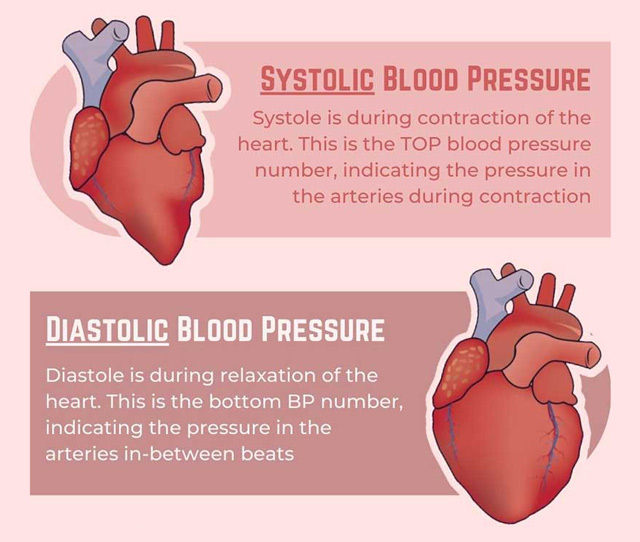A year of daily supplementing with Vitamin D was linked to reductions in systolic and diastolic blood pressure according to a new study published in the Journal of the Endocrine Society in November 2024.
The study was conducted by researchers at American University of Beirut Medical Center in Beirut, Lebanon.
The study was an “exploratory analysis” of previous double-blind random control trials conducted at three area hospitals.
Recruitment, pre-screening and screening procedures were performed at the three hospitals while enrollment and protocol implementation were exclusively conducted at American University.
A total of 221 participants met the pre-screening criteria and were included in the study.
The researchers wrote that Vitamin D deficiency is common worldwide, and observational studies have as-
sociated this deficiency with cardiovascular disease, immunological diseases, infections, and cancer.
At the same time, the researchers wrote that results of randomized trials—which carry more weight—have produced conflicting results.
The goal of the study was to settle the conflict—at least to the satisfaction of some.
Study details
The study participants were given a Vitamin D3 (cholecalciferol) supplement containing either 600 IU or 3,750 IU daily for a period of one year. Since Vitamin D is absorbed more efficiently when calcium in present, the researchers also included a calcium supplement with the Vitamin D.
The researchers found that both groups experienced decreases in blood pressure; however, the higher doses of Vitamin D didn’t appear to offer any substantial additional benefit.
The results suggest there is a peak beneficial doseage; however, in previous studies scientists have noted that many factors can affect whether higher doses are effective. For example, how the Vitamin D is manufactured/sourced can affect absorption rates, and how low a subject’s Vitamin D is initially may affect the effectiveness of higher doses.
In fact, in the new study researchers reported the strongest blood pressure benefits were experienced in study subjects with low Vitamin D levels at baseline, and subjects who were obese.
Regardless of dose, when considering the one-year benefit of the study group overall, Vitamin D reduced systolic blood pressure by an average of -3.5 mm Hg, and diastolic blood pressure by an average of -2.8 mm Hg.
This is a noteworthy finding, and shows Vitamin D supplementing can be a significant addition to any blood pressure improvement plan a person embarks on.
“Our study found that Vitamin D supplementation may decrease blood pressure in specific subgroups such as older people, people with obesity, and possibly those with low Vitamin D levels,” said Ghada El-Hajj Fuleihan, MD, one of the researchers at the American University of Beirut. “High vitamin D doses compared to the Institutes of Medicine’s recommended daily dose did not provide additional health benefits.
– – –
Find Vitamin D in the following Optimal Health Systems products:
• Essential DAK1K2
• Exposure Protection Pak
• Optimal Longevi-D K2
• Whole Food Vitamin-Mineral
• Opti-Immune-VRL
– – –
Source: Journal of the Endocrine Society.


